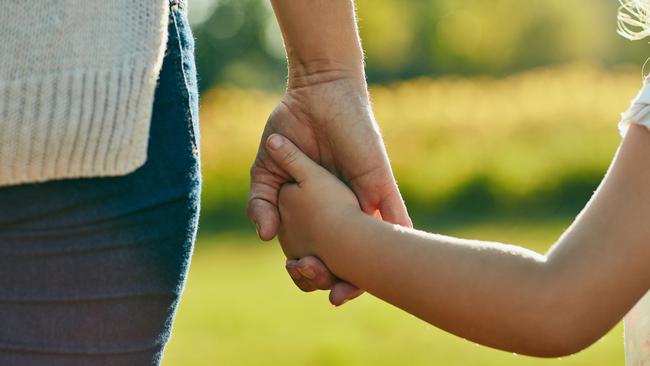Australians losing national identity and connection to community: survey
Australians’ sense of national identity and their connection to community is falling, while their willingness to engage in activism is growing, a new survey reveals.

Australians’ sense of national identity and connection to their local community has steadily declined over the past six years.
And there is a growing willingness to engage in activism, a new survey reveals, which may affect voting intentions at the coming federal election.
The drop in identification with Australia since 2017 was a significant factor in an overall decline in people’s sense of belonging and wellbeing, the latest Inclusive Australia Social Inclusion Index finds.
The last year, in particular, saw significant falls in the strength of identification with Australia among religious minorities, Aboriginal and Torres Strait Islander peoples, and LGBTQI+ people, the report, based on combined surveys of more than 11,000 people, shows.
“Identification with Australia and local community (are) important parts of promoting a socially inclusive society where people care about and feel a sense of connection with others,” Inclusive Australia chief executive Andrea Pearman said. “We are also seeing a trend towards disillusionment as well as activism, which could be an indication people are no longer content with the status quo and are increasingly willing to act to support disadvantaged groups, which may play out in the election,” she said.
A sense of identification with Australia was strongest for older people. All groups had shown a trend of weaker identification with Australia over time, the survey results showed.
The most recent wave, in 2021, showed Aboriginal and Torres Strait Islander people experiencing the sharpest drop in their preparedness to identify with Australia.
This may be because the survey also found half of the Aboriginal and Torres Strait Islander peoples surveyed experienced major discrimination – such as being unfairly fired – in the past two years and endured “everyday” discrimination – for instance being treated with less respect – at least weekly.
The survey also found Australians’ resilience at the beginning of the Covid-19 pandemic was wearing off, and society was becoming more fractious.
The latest wave found 80 per cent of respondents thought Australians didn’t demonstrate values of fairness, tolerance, respect or opportunity “a lot”, higher than in the first year of the pandemic.
Even though nearly one in five people continue to express highly prejudiced attitudes to some groups, there has been an overall lessening of prejudice since the start of the survey, particularly towards religious and racial minorities, Aboriginal and Torres Strait Islander peoples and women.
“A positive step all Australians can take is to actively connect with more diverse groups of people. More contact is associated with less prejudice and contact can help reduce prejudice,” Ms Pearman said. “When we listen to people’s experiences, beliefs, and ideas, we learn to recognise our similarities and celebrate our differences.”
Australians still have significant doubts about whether their workplace demonstrates social inclusion, with just half the respondents strongly believing their work treated people equally.




To join the conversation, please log in. Don't have an account? Register
Join the conversation, you are commenting as Logout